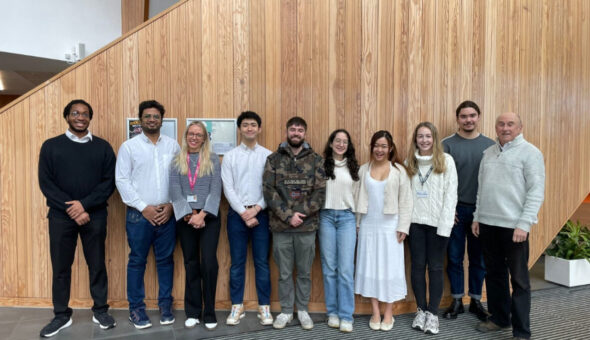In January 2019, Emily Richards, Business Engagement Manager, and Matthew Dawes, Student Engagement Ambassador were chosen to act as mentors at the inaugural One Young World Hackathon at Sevenoaks School in Kent.
On arrival, we were greeted by Kate Robertson, the co-founder of the One Young World organisation. It was surreal to actually meet and chat face-to-face with her. The day's events began with a short video presentation highlighted some of the fantastic work that the One Young World organisation has done to date, setting the tone for the day and inspiring us all. Sixth form students were allocated into groups according to their entrepreneurial skills (calculated using a quiz created by Johan Bjurman Bergman, the co-founder of Entrepreneurial Muscle Lab). Each group was was tasked with creating a social enterprise to combat a worldwide concern, based on one of the UN Sustainable Development Goals: either Goal 11 Sustainable Cities and Communities; or Goal 12 Responsible Consumption and Production. There were three issues identified within each goal. The three issues relating to Goal 11 were Refugees, Homelessness, and Disadvantaged communities, whilst the three issues relating to Goal 12 were Plastic waste, Food waste, and Disposable fashion. The group I mentored was given the task of combating homelessness.
The challenge, itself, started at 10 am, and my group immediately completed some background research to gain a deeper understanding of the issues relating to homelessness. They then made a mind map of a number of different ideas for their social enterprise and, after much discussion, decided to focus on employment for those who were homeless. The idea of a cheap pasta business was chosen and by the end of the day this idea had been formulated into a fully-fledged social enterprise plan.
All groups had to complete a Social Business Model, detailing everything relating to their social enterprise plan, as well as produce a three-minute pitch of their idea. The pitch would be judged by staff from Unilever and the winning teams would gain the opportunity to visit Unilever’s headquarters in London and battle for funding to actually launch their social enterprise idea.
Over 200 students took part in the Hackathon, with 30 social enterprise ideas generated in just one day. I am really looking forward to having the opportunity to find out about all of the ideas and to see which idea was successful in receiving start-up funding.
Overall, the event was a fantastic experience. It gave me great insight into what is possible when it comes to combatting world-wide issues relating to the UN Sustainable Development Goals. It was clear that by giving students the opportunity to take part in projects relating to these goals, along with the space to think and work collaboratively, some fantastic ideas can be generated. the realisation of which could be vital in ensuring a global sustainable future
Matthew Dawes, Student Engagement Ambassador
Respond


